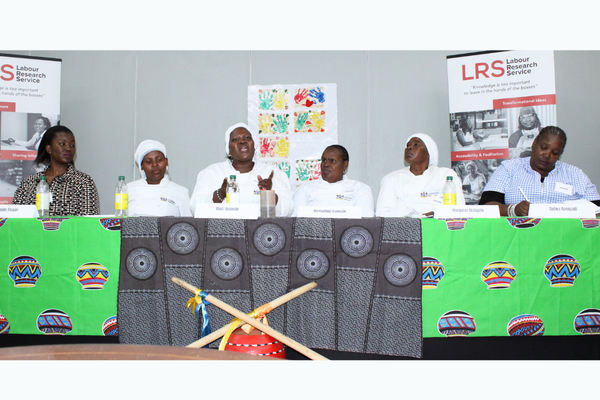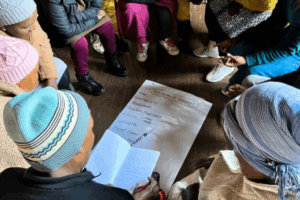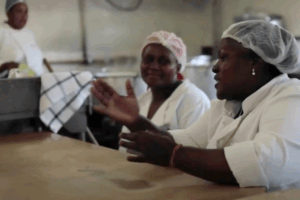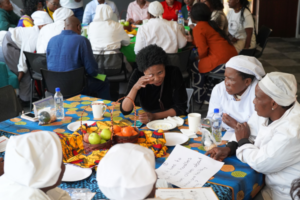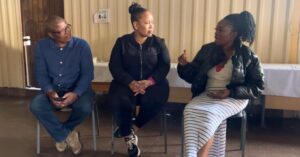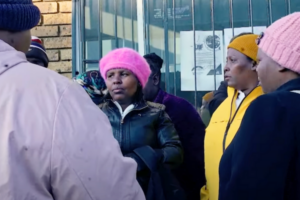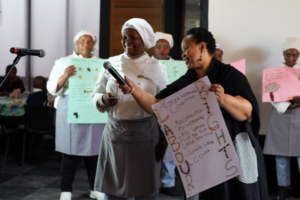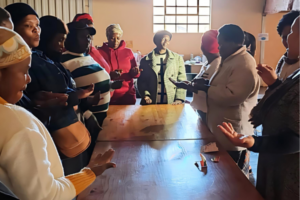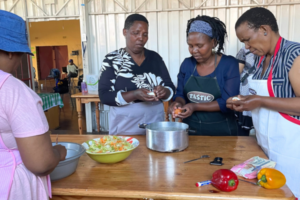Volunteer Food handlers at the media conference on 29th March 2023 in Johannesburg.
For the first time, a group of volunteer food handlers in Gauteng were presented to the mainstream media in March at a media conference.
LRS supported a successful media event where Volunteer Food Handlers developed their story, identified the key messages, and prepared their presentations. The food handlers created a safe and authentic space with traditional nutrition and cooking elements, a symbolic candle and Tai Chi exercises.
Flanked by representatives of three national trade unions, the Volunteer Food Handlers shared their personal stories and the challenges they face daily working under the National School Nutrition Programme (NSNP). Their message and demand are to be recognised and valued as workers engaged in decent work.
The government lauds the NSNP as a flagship program fighting poverty. However, the over 50,000 workers who prepare and cook meals for millions of school children are categorised as volunteers and paid a stipend.
Several media, including mainstream publications and community radio, covered the event. The visibility of Volunteer Food Handlers increased, positively influencing how people perceive their role, particularly in their communities. A major law firm has shown interest in taking up a pro bono case for Volunteer Food Handlers seeking their recognition as employees and access to attendant benefits. This legal advocacy could potentially transform the role of Volunteer Food Handlers across the country.
Reflections on the media conference
’When I arrived at Sunnyside [the venue of the media conference], I was intimidated by the hotel. I was scared when I saw the media walk in with their big cameras. After the press conference started, my fear disappeared, and I focused. I was pleased that union officials congratulated and encouraged us. I expected the LRS to represent us, but I was relieved to learn that we could communicate with the media on our own.’’
Volunteer Food Handler participant
’We made the space feel like our space, like our home. And the press had a taste, a feel and a smell of our project.’’
Volunteer Food Handler participant
“The candle made me feel safe, knowing our forefathers were present with us. I felt compelled to tell our story openly and authentically." -
Volunteer Food Handler participant
“The trade unions did not pass judgment or discredit us. Their questions made me feel important and allowed me to see some of the risks and challenges of doing this work. We talked about something we have known and lived for the last two years. We all worked together as a team and complimented each other.’’
Volunteer Food Handler participant
“Our school coordinator was excited to see us in the newspaper. She is curious about who we are working with and how we got into the Sunday World newspaper’’
Volunteer Food Handler participant
"The media conference represented an important moment in the struggle by Volunteer Food Handlers to have their work recognised by the public. The volunteer food handlers expressed a sense of empowerment in succeeding at something they ‘'never dreamt that we could do’. "The event also increased awareness of the LRS Power Up project, which seeks to connect and support women in precarious work to have their jobs made visible, recognised, valued and remunerated."
Nina Benjamin, Leader of LRS Gender Equality programme
Background
More than 50 000 Volunteer Food Handlers are doing unseen, unvalued and poorly remunerated work feeding more than 9 million children per school day in the National School Nutrition Programme. In the past two years, a core group of Volunteer Food Handlers, with the support of the Labour Research Service, have started building a campaign to advocate for the visibility, recognition, valuing and remuneration of their work.
In recent years, informalisation, externalisation, unfair labour practices and labour precarity have become widespread in the South African economy. This has been further exacerbated by the COVID-19 pandemic, which saw a trend of women workers struggling to hold onto jobs that are increasingly being informalised. Women workers bear the brunt of this informalisation, leaving many vulnerable to exploitation and abuse. For Volunteer Food Handlers, whose work involves cooking, cleaning, managing provisions and guiding learners with practising cleanliness, their work is regarded as an extension of the care work expected of them as women and mothers.
The NSNP is the South African government’s social protection initiative which aims to enhance the nutrition, development, and learning outcomes of numerous schoolchildren hailing from underprivileged communities. The program employs mothers of schoolchildren to prepare and cook meals for more than 9.6 million students in schools nationwide.
Under the NSNP, Volunteer Food Handlers, predominantly women, are recruited as volunteers, which pushes them into informalised, unrecognised and poorly paid work. However, central to the notion of volunteerism is that whoever volunteers does it out of choice, meaning they can join or leave at will, which is not the case for Volunteer Food Handlers. We need to question the idea that the Volunteer Food Handler “chooses” to volunteer.
Responding to the devaluation of their work in the NSNP, Volunteer Food handlers are actively developing their own advocacy program to raise the value of their work and promote better working conditions for themselves as food handlers. Recognising food handlers as workers will provide them with the necessary protections of the Labour Relations Act (LRA) and allow them to have a representative framework and channel for voicing their needs.
In their advocacy campaign, Volunteer Food Handlers are being supported by the LRS. LRS recognises the vital role that Volunteer Food Handlers play in the NSNP and is committed to supporting their call for recognition. There has also been increasing support for Volunteer Food Handlers from the trade union movement. The South African Democratic Teachers Union (SADTU) is preparing to submit an agenda option to table the matter of Volunteer Food Handlers with the Education Labour Relations Council (ELRC).
Alliance building is important in building effective movements. We recognise the crucial need for different stakeholders to bring bigger possibilities for engaging. LRS and the Volunteer Food Handlers co-created media advocacy tools to assist with amplifying the issues to a wider and more relevant audience.
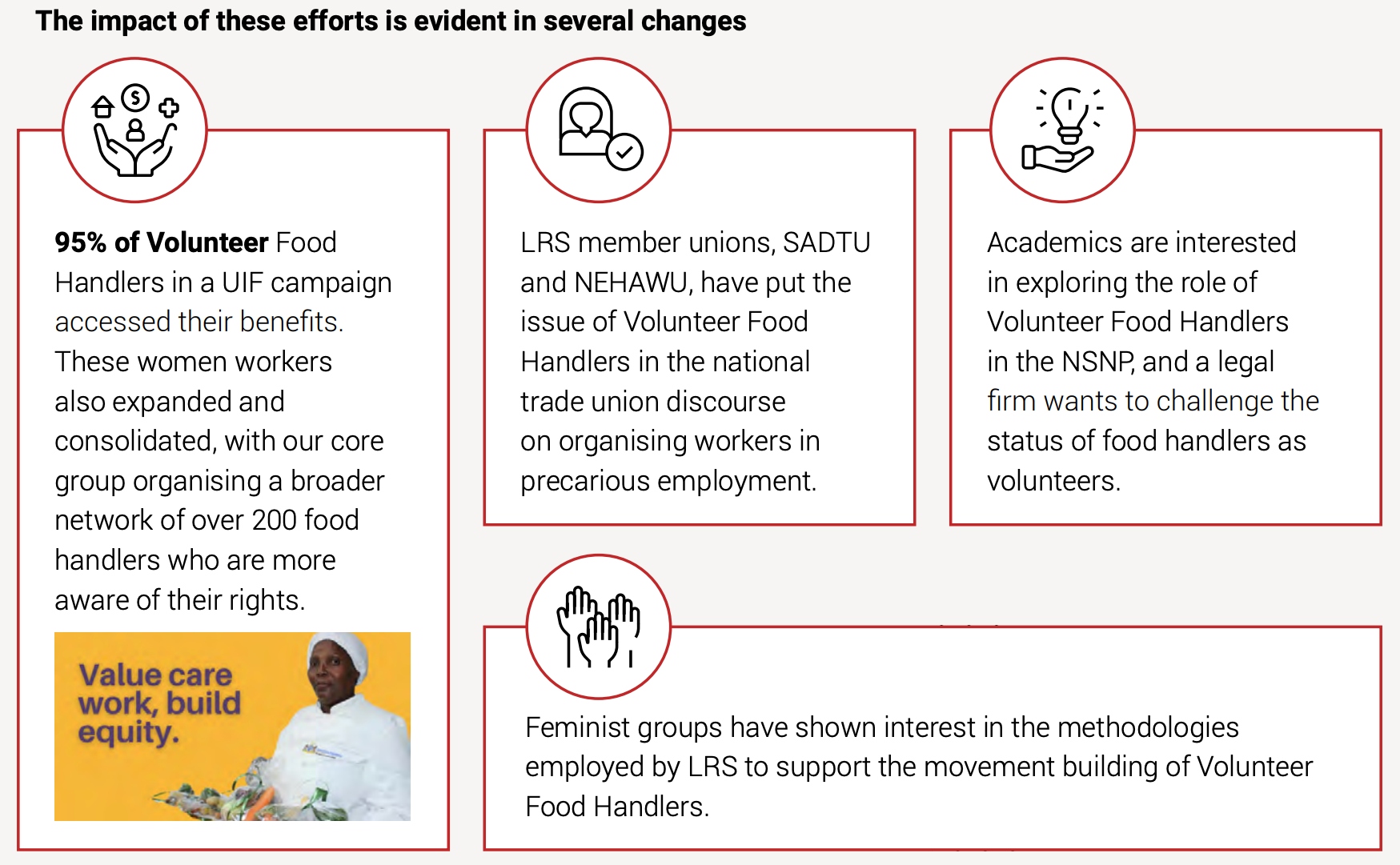
Know more the Power Up! Initiative.
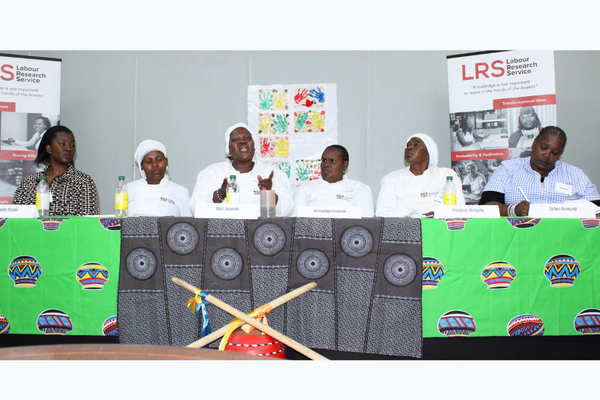
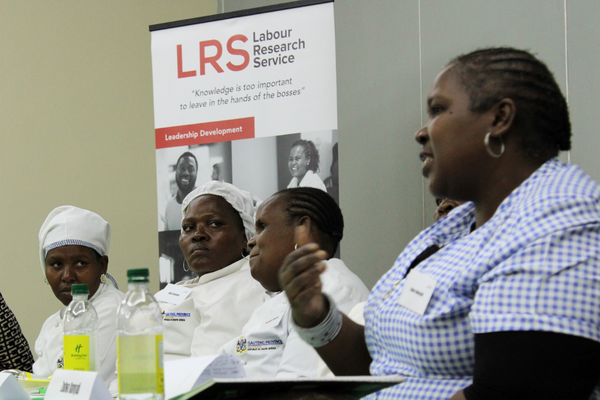
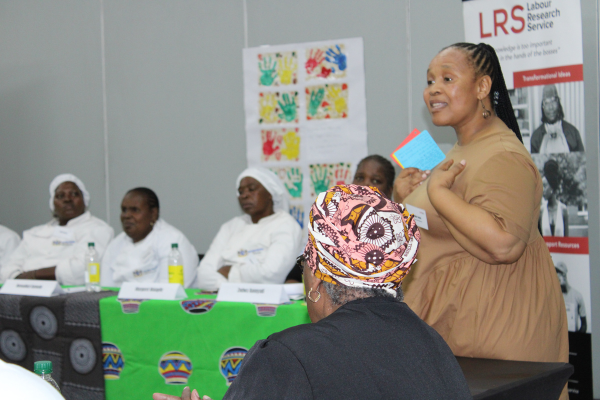
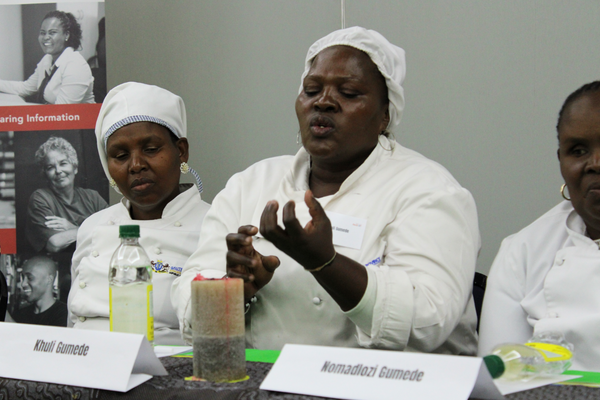
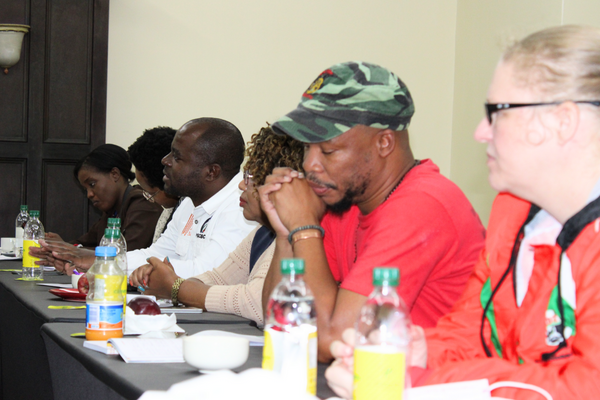
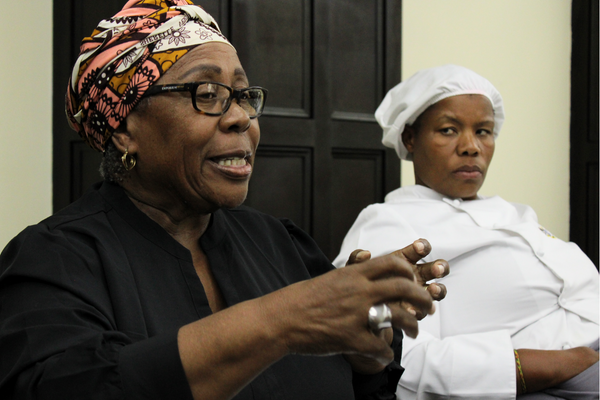
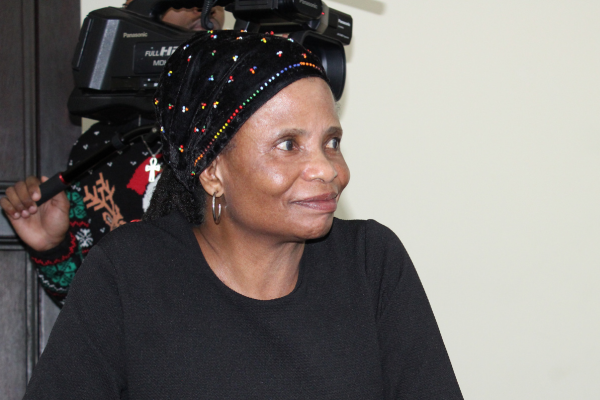
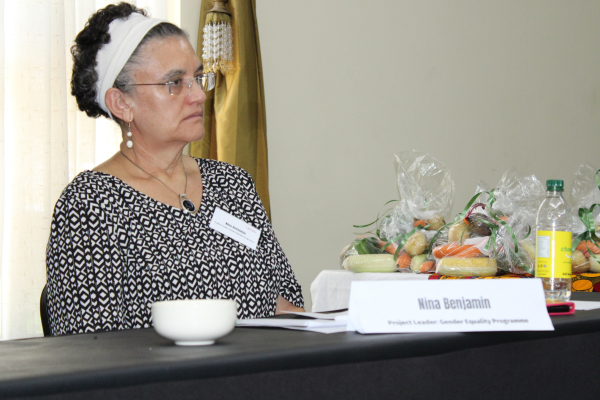
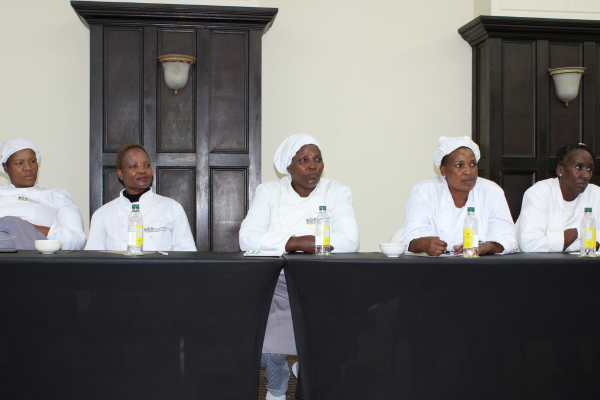
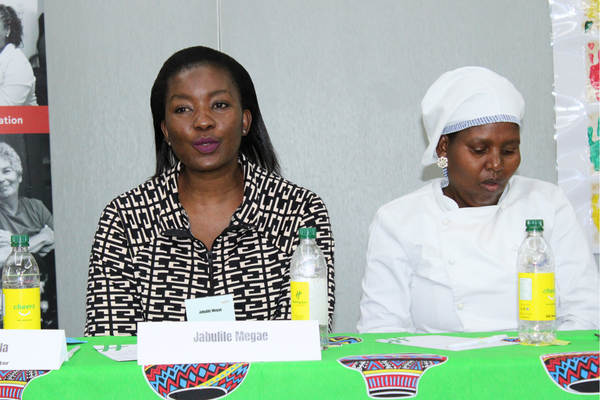
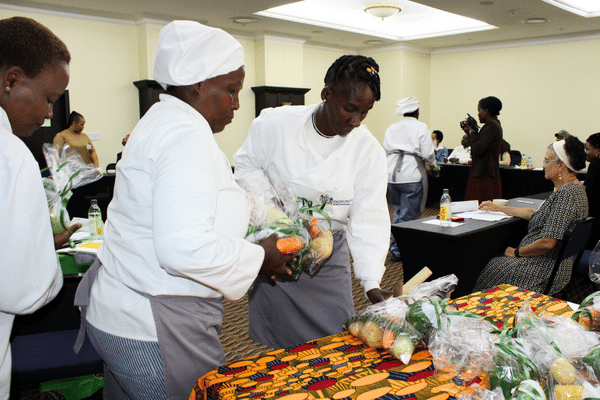
___________________
Contact for media enquiries:
Zanele Chakela, Communications Coordinator
[email protected]
+2781 439 0034

